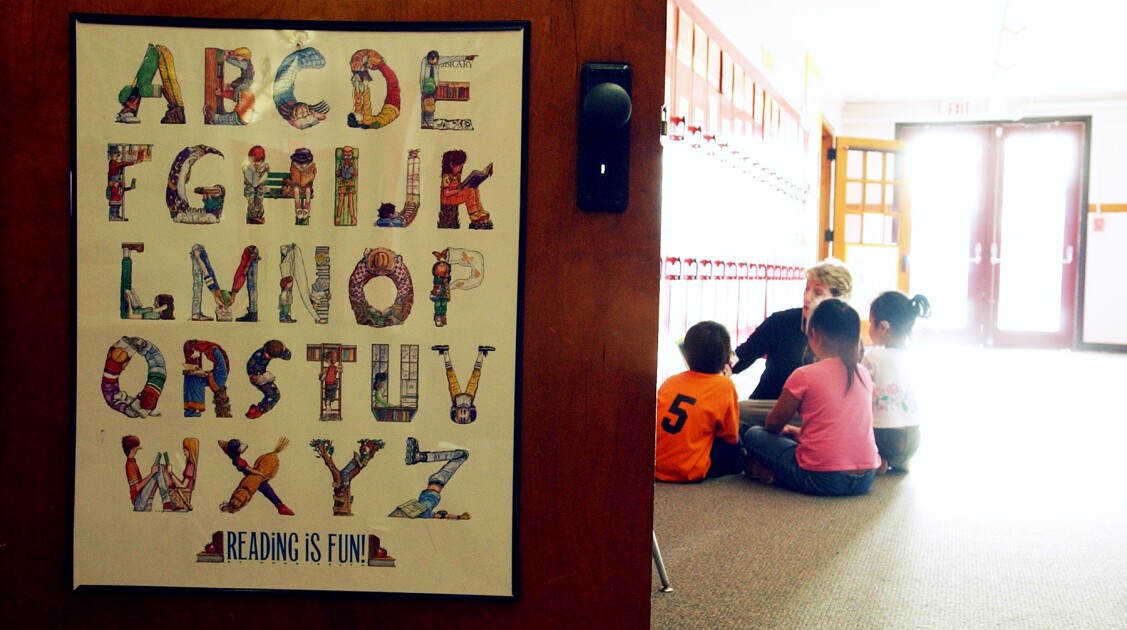Not every parent-teacher relationship is perfect. But giving parents a chance to be heard makes a big difference in my ability to successfully teach and support their children. I am still learning how to build those bridges—and in the process I’ve found some strategies that work.
Parent Surveys
Inspired by a colleague, I developed a survey and shared it with parents at the end of the first and third grading periods this year. The one-page survey asked parents to rate their level of agreement with statements about specific aspects of my teaching. Open-ended questions at the end gave parents the chance to share additional insights.
These were one parent’s responses:
STRENGTHS: Meeting with and getting to know families, caring and compassionate for individual child’s situations and/or special needs.
AREAS FOR IMPROVEMENT: Helping other teachers understand IEP students’ particular needs and/or shortcomings—don’t know how much of this you already do.
I learned a great deal from these surveys, especially from asking if there was “anything else you want for me to know.” I found out some information that I may not have learned if parents weren’t given a chance to communicate.
It takes some “stretch” to open yourself up to parent perspectives—but it’s worthwhile. I love to hear the positive feedback, but the constructive criticism is even more valuable. You can start right now with an end-of-year survey for your current students’ parents, and plan for more regular check-ins during the next school year.
Home Visits Before School Starts
Another strategy that has helped me is visiting students’ homes before school starts. I have found that if I wait until after school begins to connect with parents, there’s a greater chance of persistent difficulties or misunderstandings. For example, if a child behaves inappropriately during the first week of school, my first interaction with his or her parents is likely going to be awkward, because it’s prompted by something negative about their child. Meeting before school starts gives me a chance to focus on the students’ and their families’ personalities and interests. I get to connect with them on a positive level first.
Visiting one student’s home, I found out that she had severe medical issues that required an all-day nurse to be at the school. This need had not been addressed yet by the school, so I was glad to be able to inform the school nurse and my colleagues about the situation in advance.
At another home, I learned that a student loved playing dancing games on the Xbox 360 Kinect. The student’s mom and I were able to bond while watching the student dance her heart out. This helped her mom feel more comfortable to discuss issues with me throughout the school year.
Visiting all your students’ homes before school may seem daunting—or even impossible. I am a special education teacher who only serves 10 to 15 students each year, so the task is manageable for me. You likely have more students to serve and so must prioritize. You may want to learn more about students’ previous performance and behavior, targeting some who have had difficulties in the past. If home visits are not possible, try connecting with parents by phone.
The more you can do before school begins, the easier it will be for your students and you throughout the year.
Weekly Communication
Once you have made contact with parents, maintaining ongoing communication is important as well. This year I have tried to tell my students their grades every week or two. Then they call their parents from our classroom to report these grades. This keeps parents informed and pushes students to take ownership of their grades—whether those grades are high or low.
Another idea for ongoing communication is to create a webpage for your classroom. (My district creates a webpage for each teacher, but it’s not hard to set one up on your own). I regularly update my webpage so that students’ parents can see what the upcoming week has in store. This helps them anticipate homework assignments and classroom activities. My students’ parents never have to guess what their child is up to at school.
My experience has been that when parents see that I genuinely care about their child, they support my efforts to help their child succeed. It takes time to distribute and examine parent surveys or to check in with parents at the start of school, but these efforts help me (and my students) be more effective.
Have you surveyed your students’ parents this year about your effectiveness as a teacher? It’s not too late, and you might discover a lot from their feedback.







